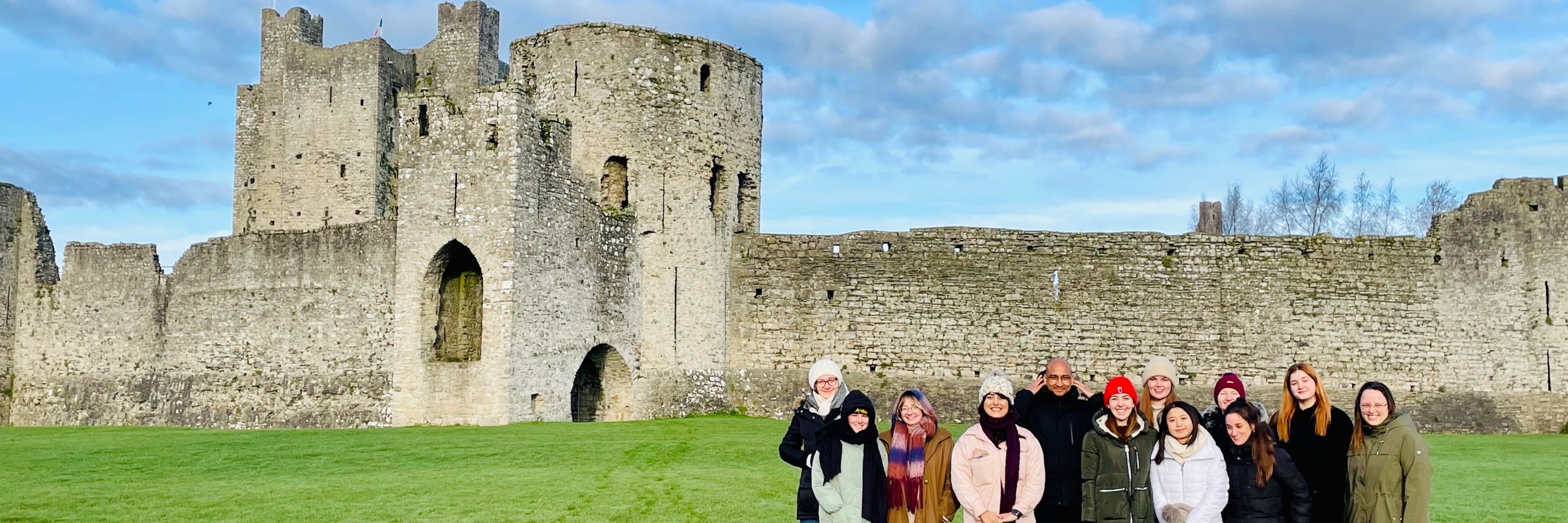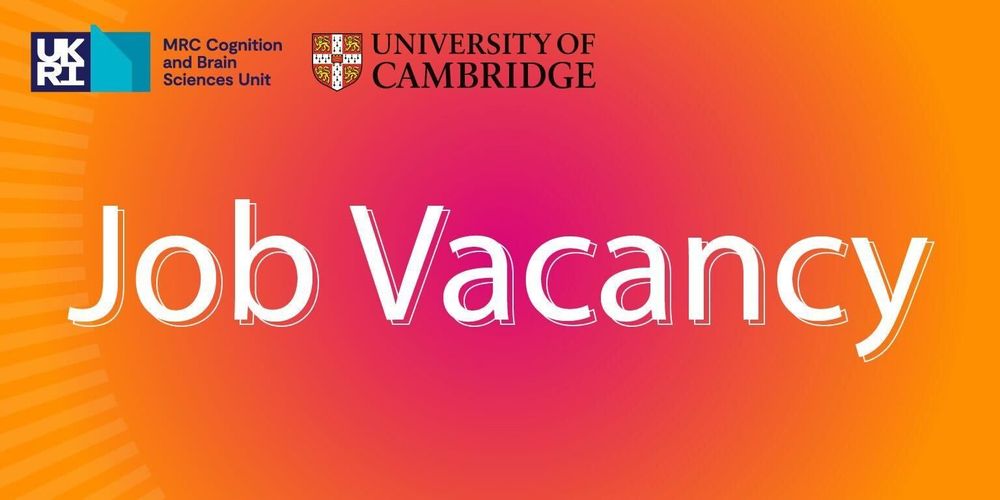Claire Gillan
@clairegillan.bsky.social
3.8K followers
420 following
160 posts
Professor in Psychology at Trinity College Dublin. Here for less gross twitter, less boring mastodon. www.gillanlab.com
Posts
Media
Videos
Starter Packs
Pinned
Claire Gillan
@clairegillan.bsky.social
· Jul 28
Claire Gillan
@clairegillan.bsky.social
· Jul 28
Reposted by Claire Gillan
Claire Gillan
@clairegillan.bsky.social
· Jul 28
Reposted by Claire Gillan
Claire Gillan
@clairegillan.bsky.social
· Jul 15
Reposted by Claire Gillan
Reposted by Claire Gillan
Claire Gillan
@clairegillan.bsky.social
· Jul 15
Reposted by Claire Gillan
Claire Gillan
@clairegillan.bsky.social
· Jul 14
Claire Gillan
@clairegillan.bsky.social
· Jul 14
Reposted by Claire Gillan
Reposted by Claire Gillan
Reposted by Claire Gillan
Matan Mazor
@matanmazor.bsky.social
· Jul 1











